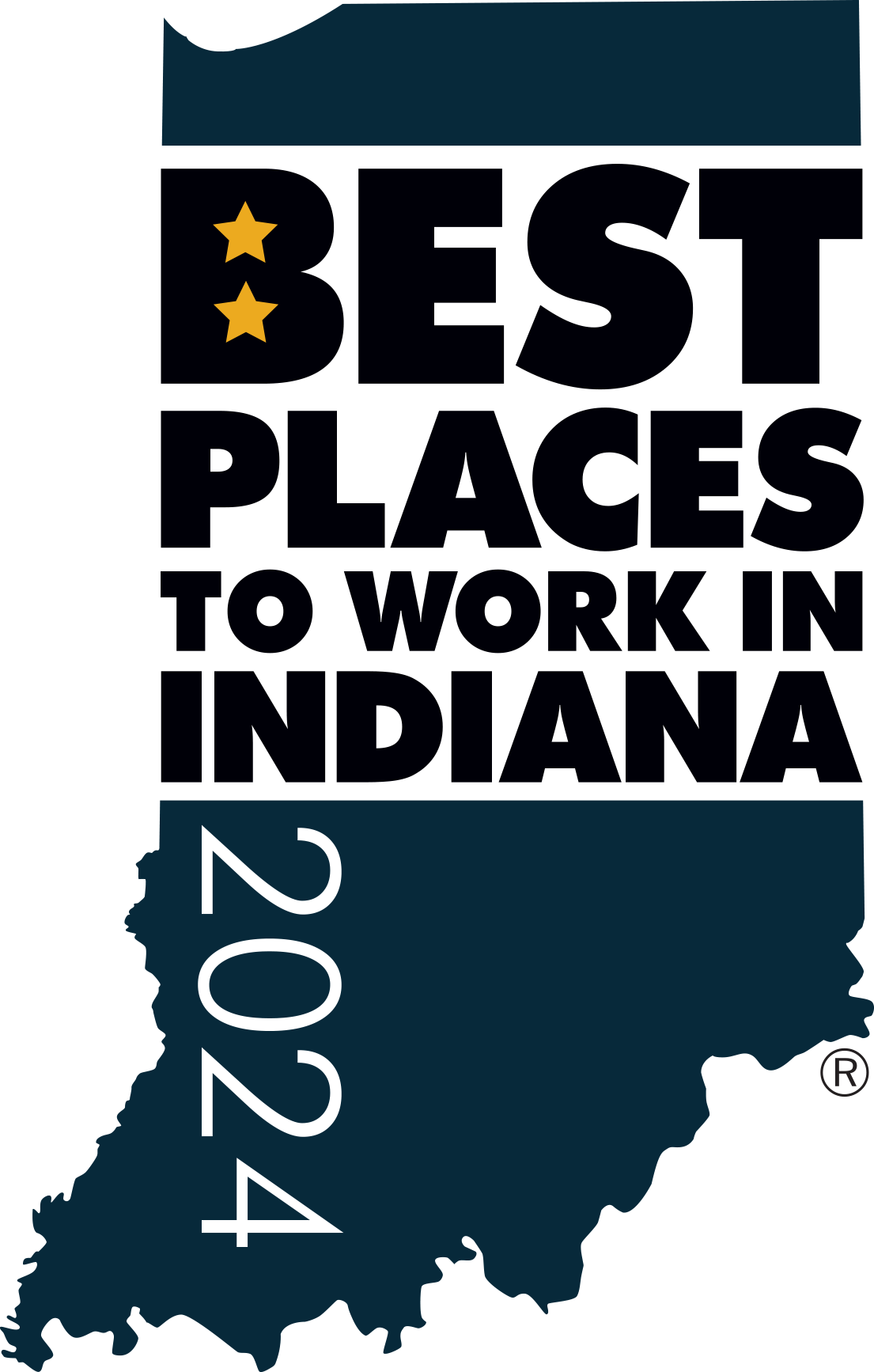Employee Retention Strategies for 2024
Let’s dive deep and debunk some myths about employee retention strategies, particularly the evolving role of compensation in the art of keeping your best players on board. The business landscape is shifting beneath our feet, and with it, the very fabric of what motivates our workforce is transforming. The focus? A decisive pivot from the almighty dollar to a more nuanced blend of time off and non-monetary incentives. This isn’t just about keeping up with the Joneses; it’s about redefining what it means to be truly competitive in the talent market.
The Real Price of Retention
Compensation isn’t just a line item on a budget; it’s the lifeblood of employee retention. In a market where jumping ship for a heftier paycheck is common, standing out requires more than just competitive salaries. It requires a cocktail of traditional and innovative rewards. With 55% of employees admitting to leaving jobs for better pay elsewhere, the message is clear: if you want to keep your talent, you need to pay up – but not just in the way you think.
Beyond the Bank Account
Here’s where the plot thickens: while the paycheck remains king, the court is growing. Non-monetary incentives are not just nice-to-haves; they are essential tools in the retention arsenal. From personalized praise to professional development opportunities, these incentives tap into the psychological needs of employees, fostering a culture where people don’t just come to work; they come to thrive.
The New Work-Life Equation
The drumbeat of demand for flexible benefits and a genuine work-life balance is getting louder. Today’s employees aren’t just looking for a job; they’re looking for a lifestyle. The rise of wellness programs, remote work options, and other personalized benefits speaks to a workforce that values freedom and flexibility over the 9-to-5 grind. This isn’t a trend; it’s a movement towards a “life-work tilt,” where personal time isn’t just allowed; it’s encouraged.
A Tale of Generational Preferences
One size does not fit all, especially when it comes to generational attitudes towards work and compensation. The Millennials and Gen Z crowd are rewriting the rules, placing a premium on flexibility, purpose, and balance over traditional monetary rewards. Understanding these nuances is critical for companies aiming to craft retention strategies that resonate across the generational divide.
A Strategy Refined
The narrative of employee compensation is evolving, morphing into a complex strategy that values time and personal fulfillment as much as, if not more than, financial gain. While money still talks, the conversation is now about much more. It’s about creating an environment where employees feel valued, engaged, and integral to the mission. As we look towards the future of work, it’s clear that the key to retention lies in a more holistic, flexible approach to compensation that speaks to the diverse needs and desires of a changing workforce.
The challenge is clear: innovate or risk being left behind. Companies that embrace this shift, offering a blend of monetary and non-monetary rewards, will not only attract but also retain the top talent necessary to navigate the competitive waters of the modern business world.

